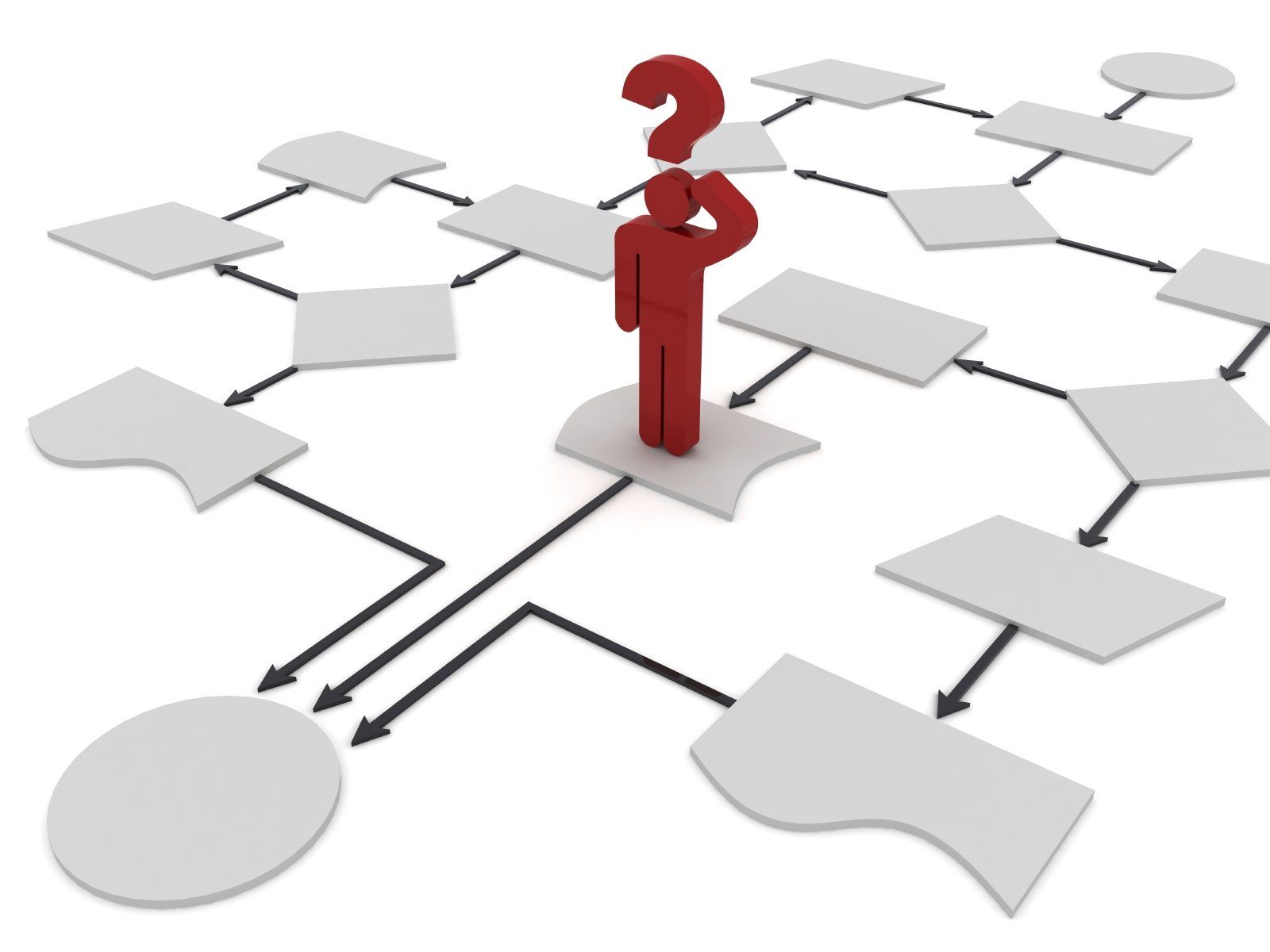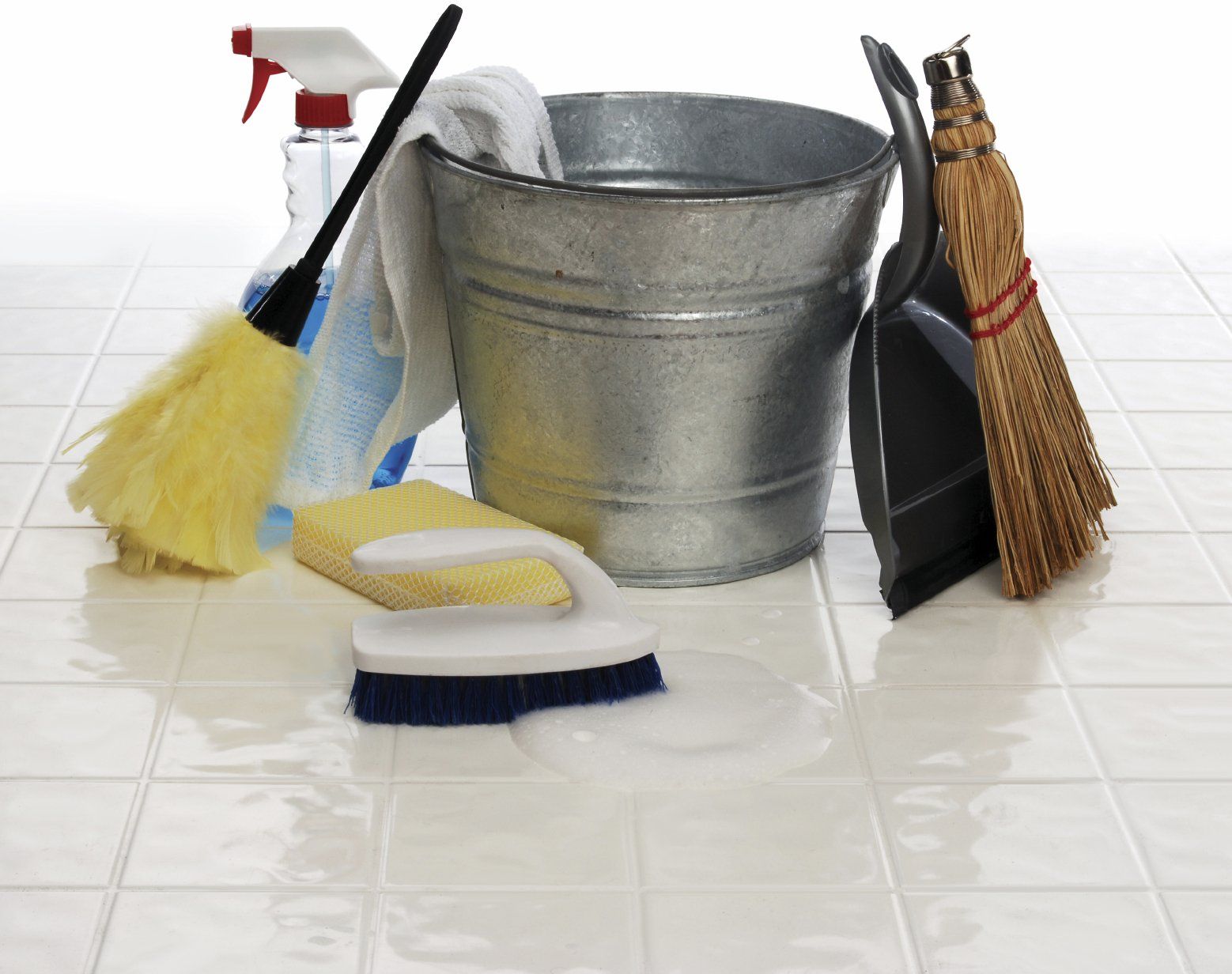by Dr Supriya McKenna
•
17 March 2025
Do I actually need a lawyer? You may be wondering whether you need a lawyer if you are divorcing, as it is possible in some countries, including in the UK, to apply for a divorce online. However, here in the UK at least, there are three bits to the process – the paper exercise of the divorce, which you don’t need a lawyer for, and the other two parts – the finances and the children. Settling the finances with a narcissist is unlikely to happen without legal input, sadly, as narcissists have a huge sense of entitlement, a need to ‘win’, a lack of empathy regarding your circumstances, a need for narcissistic supply through causing drama and conflict, a belief that you (once you have split up) are ‘all bad’ and deserving of punishment, and a need to draw out the process for as long as possible, by continually shifting goalposts. Add to that the fact that they are practised liars, and will not tell the truth about their finances, and you can see why successfully sorting things out on your own with them is highly unlikely (and probably impossible). If they decide to cause conflict with the children, as they often do, lawyers may well also be needed here. Note that it is possible to represent yourself in court, without a lawyer, but that this tends to work best later on, when you have gained experience in how the system works, and are feeling emotionally stronger. I discuss the benefits of being a ‘Litigant in Person’ in Chapter 28 of my book Narcissists in Divorce: From Leaving to Liberty - The Truth, The Whole Truth and Nothing But The Truth. In the UK there are two types of divorce lawyer – the ‘solicitor’ who does the day-to-day work and liaises directly with you, and the ‘barrister’ (who speaks on your behalf in court, and gives more complicated legal advice). If your barrister has been instructed by your solicitor you can only contact them via your solicitor. However, some barristers (‘direct access barristers’) can be instructed directly by clients, without a solicitor being involved. I need to be brutally frank here, and tell you that far too many lawyers will not disclose the reality of the dysfunctional court system to clients, and they have a vested commercial interest in protracted cases, which narcissistic divorces often become. The wrong lawyer can easily rack up your legal bills but leave you with little to show for it. This is particularly true in the UK for solicitors. So, if you happen to be a UK father, whose narcissistic wife is preventing you from seeing your children, you might want to contact Fathers 4 Justice (www.fathers-4-justice.org) before deciding on whether to instruct a solicitor. Unfortunately, no such cost-effective organization exists exclusively for mothers battling abusive fathers in the UK. However, the UK charity Familes Need Fathers (fnf.org.uk) does provide resources to parents of any gender, for a membership fee. But regardless of where in the world you live, most of you will need to know how to go about finding the right lawyer. The fact of the matter is this: most lawyers do not understand Narcissistic Personality Disorder to the extent they need to, to be able to help you effectively. And many will simply pooh-pooh the idea that your partner is a narcissist, because this is a term that commonly gets bandied around incorrectly, especially in break-ups. I recently gave a talk to 250 lawyers about NPD, during which I asked how many of them had been told by a client that their ex was a narcissist, within the last 2 months. Every single hand went up. I then asked how many of them, having spent a bit of time on these cases, now thought that they were dealing with a ‘real’ narcissist. Only five hands remained in the air, and as I gave my talk, I could see these lawyers nodding their heads vigorously, as I described true narcissistic divorce behaviors. So you can see the problem – the ‘buzzword’ use of the narcissism word, in the general population, means that lawyers are unlikely to take your concerns seriously, until significant emotional, legal and financial damage has already been done. This means that, unless you have a strong recommendation of someone who specifically understands NPD, you are going to have to interview quite a few lawyers (they will often offer free initial consultations) until you find the best one for you. It may be that you have to settle for a lawyer who understands domestic abuse and coercive control instead, but only if they are willing to learn about NPD, and will take all of your concerns seriously. It may also serve you to choose a lawyer who is not in your local area, especially as, since Covid, most consultations can be carried out remotely. You may have a distinct advantage if you do this, as an out-of-area lawyer will not have a reputation of ‘being reasonable’ to maintain with your local judges, and is more likely to actually fight for you, rather than trying to tiptoe around or placate the judge. Lawyers care deeply how their local judges view them – and this can be to your detriment. How to interview a potential lawyer When interviewing potential lawyers, you will need to: Explain the narcissist’s behaviors Explain how you have been affected Ask the lawyer specific questions Explaining your partner’s behaviors Describe the behaviors that you (and any children) have been subjected to during your relationship, with specific examples of each behavior. It’s definitely worth writing these down, to keep you focused. Include examples of: Physical abuse (often not present at all in NPD, however). Rape or sexual boundary violations. Repeatedly putting you down, criticizing you, or calling you names. Isolating you from friends and family. Manipulative behaviors. Exploitative behaviors where they have used you for their gain. Passive aggression (such as silent treatments or stonewalling you). Projection (accusing you of things that they themselves are doing or being, for example accusations of affairs or flirting). Favoring a ‘golden child’ over a ‘scapegoat’, and having an ‘invisible child’. Going through repeated cycles of being nice to you, but then being nasty (the ‘cycle of idealization and devaluation’). Lovebombing at the start of the relationship. Low empathy towards you and the children. Entitled behavior. Controlling behaviors such as: Controlling your finances, or preventing you from having a job. Restricting your access to transport. Threats, including of blackmail (e.g. revenge porn). Threats if you leave them (including threats of suicide). Monitoring how you spend your time. Monitoring your communication with others. Exerting control over your everyday life, such as dictating where you go, who you see, what you wear and preventing you from sleeping. Stopping you from accessing support services, such as medical services or specialist support (including for the children). Forcing you to take part in criminal activity such as taking the blame for their offenses (e.g. speeding tickets). Destroying or damaging household goods, or cruelty to pets Gaslighting such as by: Telling you that you are ‘crazy’. Telling you lies that make you question your reality. Rewriting history so that you question your memory. Invalidating your feelings (e.g. telling you that your feelings are ‘wrong’). Explaining how you have been affected Include examples such as: Walking on eggshells. Continually trying to please them with ‘fawning’ behaviors. Anxiety, depression, panic attacks, complex PTSD. Any physical illnesses. Loss of confidence/self-esteem/support systems. Asking the lawyer specific questions You will want to know: What they understand by the term Narcissistic Personally Disorder. If they tell you that they ‘don’t believe in labelling people’, that ‘everyone thinks their ex is a narcissist’, that narcissists are ‘just another word for high-conflict’ or that it ‘makes no difference whether your partner is a narcissist’ to the legal process and your divorce, get out of there, immediately. If they blithely tell you that they are completely au fait with dealing with narcissists, make sure they tell you the specifics of how narcissists behave in divorce. (A client of mine was once duped by his lawyer into believing that he understood NPD because he had written a blog post on his firm’s website about it. £85,000 later, and no further on in the case, it became patently clear that his lawyer’s blog post had simply been a way to jump on the NPD bandwagon, to attract clients, and in fact, he didn’t really have a clue.) How much experience they have of narcissistic divorces, and what they think the chances are of settling things out of court (through negotiation through lawyers or mediation, for example). If they pride themselves on never or rarely having cases that end up in court, they probably do not have the experience that you need, as the fact is that most divorces like this end up in court. Whether they think narcissists ‘calm down’ over time, and become more reasonable as the divorce progresses. The correct answer is that they do not. If they get this wrong, they have failed the interview. Whether narcissists have the best interests of their children at heart. If they tell you that ‘all parents love their children, whether narcissists or not’ they will not be right for you, and they will enable a lot of damage to be done before they work out the truth. Whether they will help you write any witness statements for court, and put together your financial disclosure, or whether they will just leave this to you. Whether they will go through your partner’s financial disclosure (such as their bank statements) in detail with you, looking for discrepancies and missing information, or whether they expect you to do this without them (most simply do the latter). Whether they are willing to learn about NPD (on their own time) and take on board what you tell them about it, so that your case runs more smoothly. Key takeaways It may take a while to find a lawyer who fits the bill. But whatever you do, don’t choose a ‘nice’ lawyer (with little experience of domestic abuse, coercive control or NPD) over a less personable one who does have the required experience. So often, my clients admit to me that they gave their kindly lawyer repeated chances, because they ‘liked them’, and because they thought that they could learn about NPD during their case, and so help others later on. I’m going to be stern here: you do not just need ‘nice’, ‘understanding’ and ‘sympathetic’ – you need effective too. And as to educating your lawyer so that they can help others (if this is part of your thought process) – again, this may go against the grain, but now is the time for prioritizing your needs and those of your family. I also have to caution you that a senior lawyer who seems very experienced may actually be too stuck in their ways to be effective in your case, although that’s not always true. Conversely, a very junior lawyer might find themselves overwhelmed by everything that comes their way during your case, but be unable to be honest about this with you, and carry on regardless. I’ll warn you now – you may well have to change lawyers at some point in the process, and I explain this further in Chapter 31 of Narcissists in Divorce: From Leaving to Liberty - The Truth, The Whole Truth and Nothing But The Truth , from which this blog post was adapted.

















